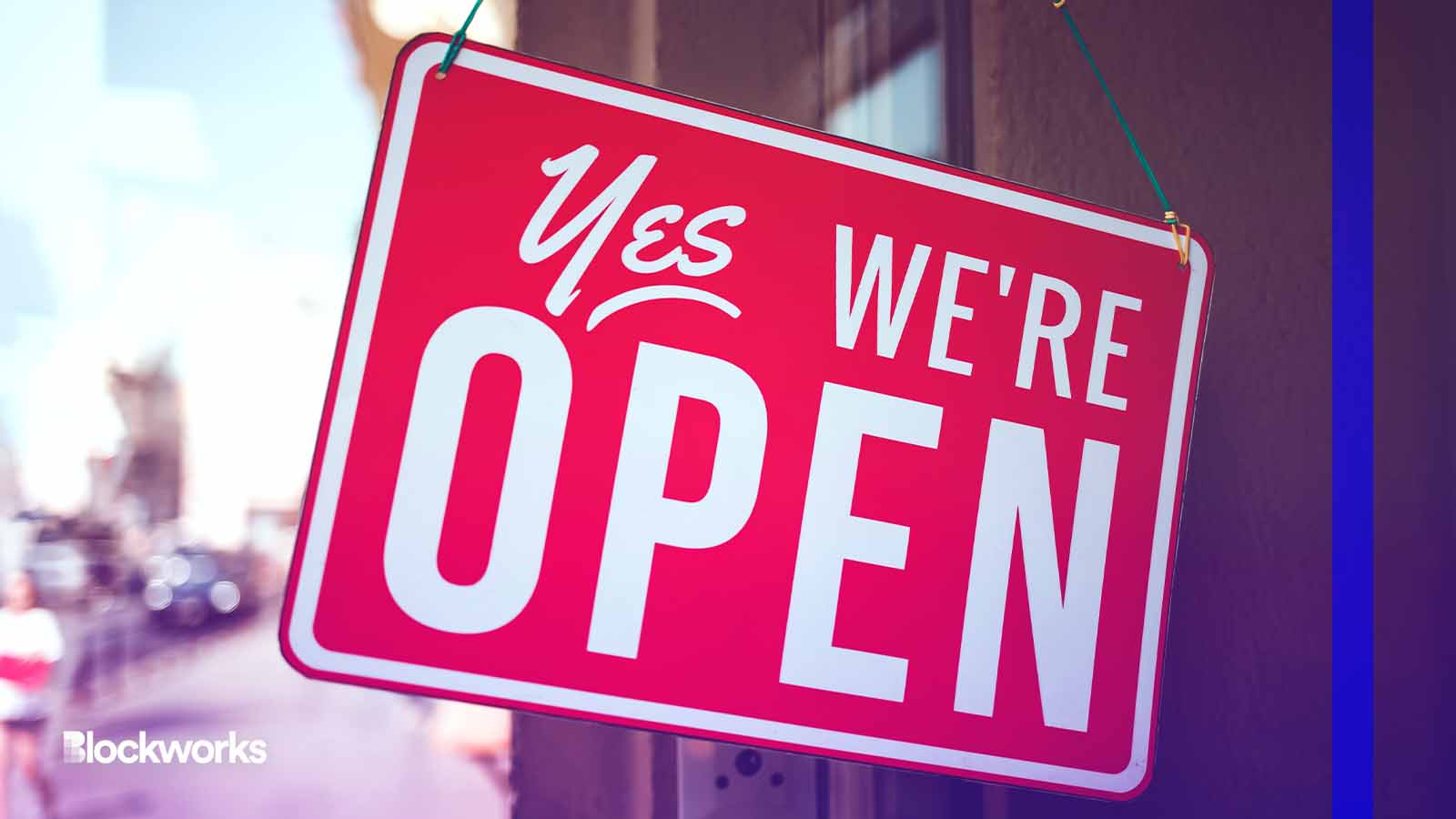Chainlink founder says CCIP opens DeFi for business
Chainlink’s Cross Chain Interoperability Protocol, to launch Monday, looks to build better bridges

Andriiii/Shutterstock modified by Blockworks
Chainlink is switching on its Cross Chain Interoperability Protocol (CCIP), Monday, with Synthetix getting early access to its mainnet. A testnet will open up to all developers on Thursday, July 20.
The protocol builds upon Chainlink’s extensive oracle network to differentiate it from competitors, while it looks to capitalize on connections forged along traditional financial rails.
As blockchains scale — whether layer-2 networks, sidechains or app-specific chains — these networks will need to communicate with each other.
Existing cross-chain solutions — such as bridges, for example — have attempted to tackle the problem of moving data and assets safely, with mixed results.
Other interoperability solutions such as light-clients such as IBC, general message passing like Axelar and other hybrid schemes have tried to fill the gaps, and now Chainlink is joining in the effort.
CCIP will first be available on Ethereum, Optimism, Polygon and Avalanche.
How does CCIP work?
In an interview with Blockworks, Chainlink founder and CEO Sergey Nazarov noted that Chainlink will use its oracle networks to enable CCIP.
“One oracle network is responsible for channeling messages and value. The other one is responsible for monitoring and determining if the properties of the transactions going through the first one are risky or not,” Nazarov said.
Developers who are interested in building cross-chain solutions can build their products on top of CCIP through Arbitrary Messaging.
This means that a smart contract from Chain X will utilize Chainlinks’ messaging router to send messages to Chainlink’s decentralized oracle networks (DONs). These DONs will then securely and privately communicate with the destination chain messaging router, which will validate the information and send it to Chain Y’s smart contract.
Beyond having basic communication capabilities, CCIP also has complete token transfer capabilities, according to its documentation, which Chainlink says means that developers for token pool smart contracts won’t need to write customized code.
A separate Active Risk Management (ARM) network aims to detect any malicious cross-chain activity. When found, ARM will automatically pause services and protect user funds.
ARM operates similarly to how banks protect their customers from fraudulent activity, Nazarov explained.
“If you have been sending money to a friend for years, Venmo, PayPal, very quickly approves it, but if you decide to send money to buy a painting from someone in Eastern Europe, they will have questions,” he said. “The fundamental idea is that you can accurately assess risk based on repeat transactions to known parties.”
Targeting traditional finance money
One of the most exciting aspects of introducing CCIP is its potential to link up DeFi with traditional financial institutions, Nazarov explains.
Swift (Society for Worldwide Interbank Financial Telecommunication) is planning to use CCIP to work with multinational banks across the globe to bring institutional-grade, multibillion-dollar real-world asset tokens into the world of DeFi, Blockworks previously reported.
Among the banks signing on are Australia and New Zealand Banking Group (ANZ), BNP Paribas, BNY Mellon, Citi, Clearstream, Euroclear, Lloyds Banking Group, SIX Digital Exchange (SDX), and The Depository Trust and Clearing Corporation (DTCC), according to a press release.
“When those real-world asset tokens become available, they can go over CCIP into the public blockchain world, which will do two things: It’ll grow the total industry size of the entire blockchain industry and it’ll provide diversified collateral,” Nazarov said.
Get the news in your inbox. Explore Blockworks newsletters:
- The Breakdown: Decoding crypto and the markets. Daily.
- 0xResearch: Alpha in your inbox. Think like an analyst.






